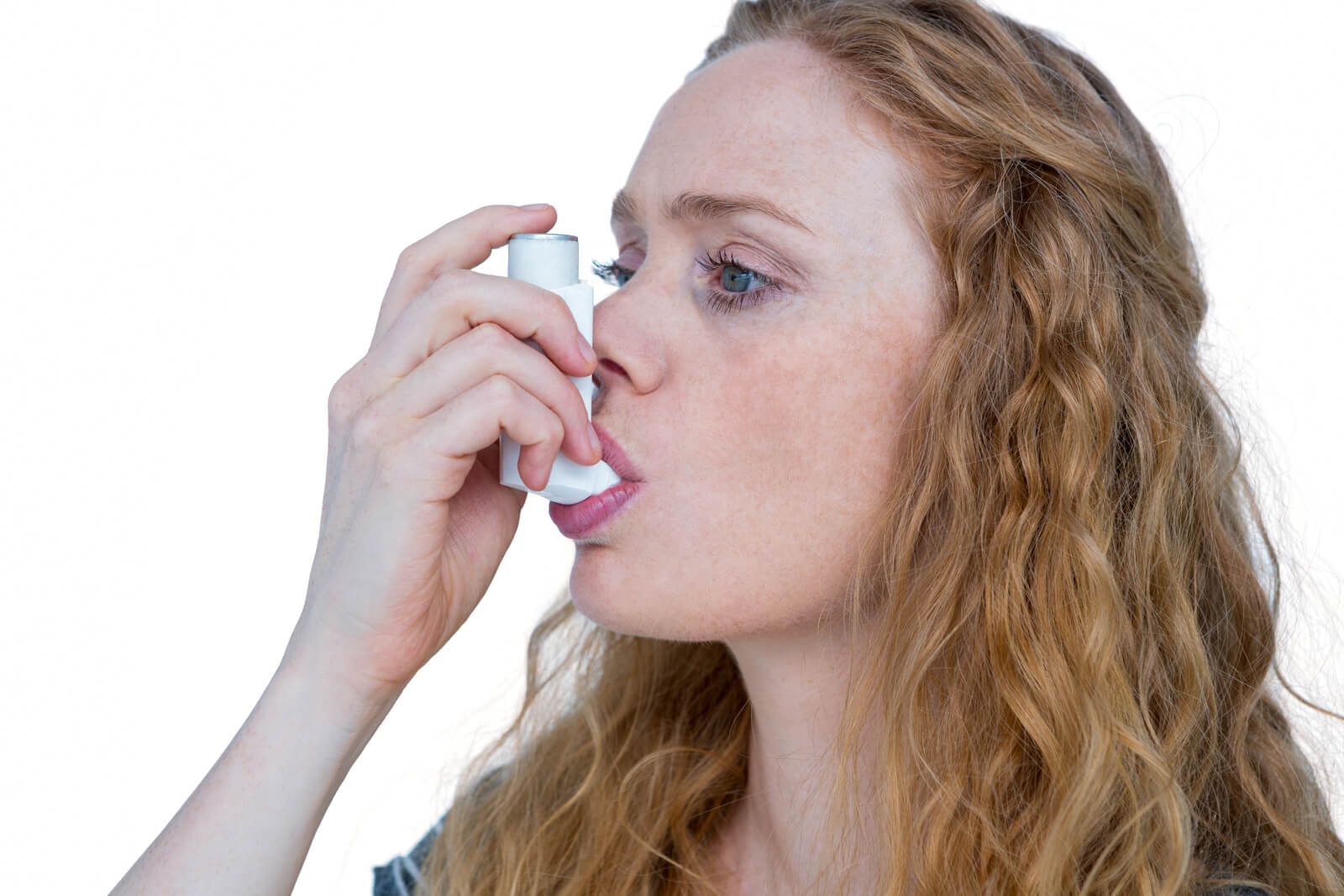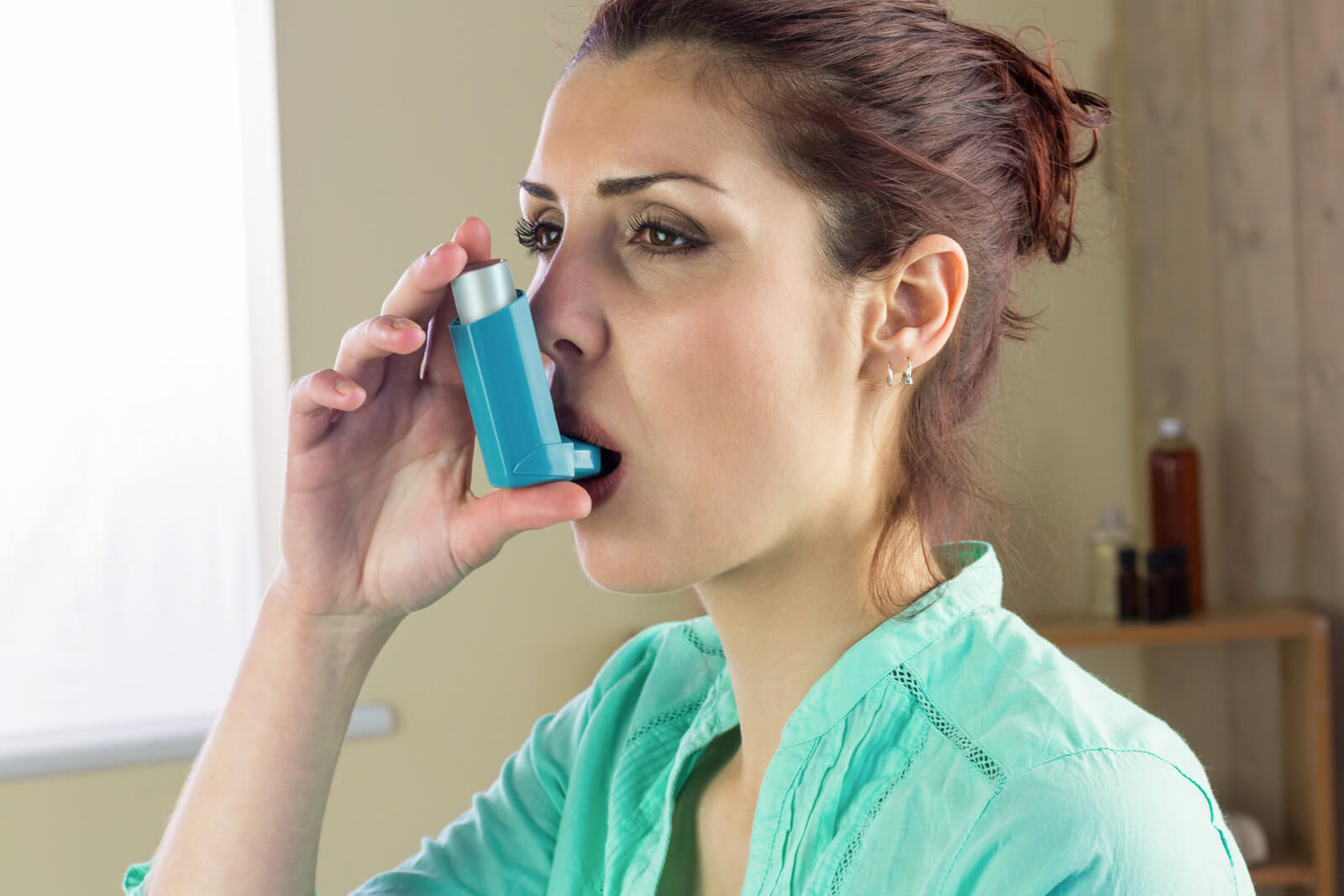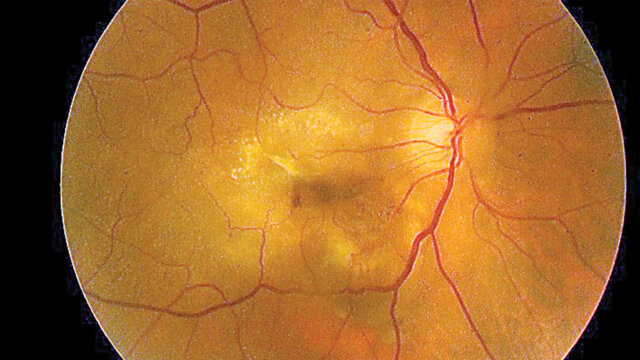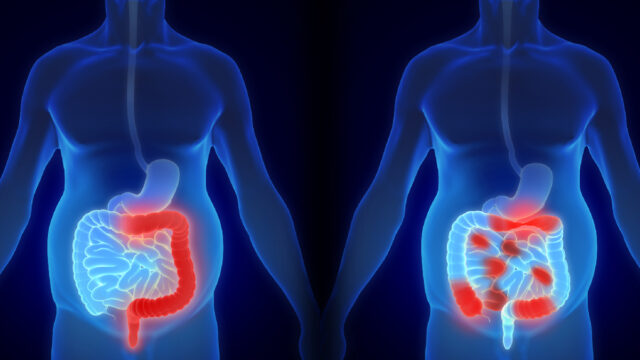FTC disclaimer: This post may contains affiliate links and we will be compensated if you click on a link and make a purchase.
If you’re an adult who suddenly starts wheezing and coughing, and you have shortness of breath and difficulty breathing, you may have adult-onset asthma.
Asthma is a chronic lung condition that causes your airways to narrow and makes it hard to breathe. Asthma symptoms can be mild, moderate, or severe. They may come and go, or they may be constant.
It is known as adult-onset asthma when asthma symptoms appear in people aged 20 years and older. Adult asthma may be the result of one’s occupation.
People working in stone quarries, construction sites, the cement industry, and the fine chemical industry are more prone to developing asthma which is considered an occupational hazard.
Asthma is the culmination of genetic, environmental, and biological triggers, such as hormonal changes in women.
Adult asthma is more common in women above the age of 20. This is because an asthma attack triggers them during their menstrual cycle, pregnancy, and menopause. This is attributed to their drastic hormonal changes during these reproductive phases.
Women who consume artificial estrogen as part of hormone replacement therapy after menopause are also prone to developing asthma.
Symptoms of asthma may come and go in the case of childhood asthma. On the other hand, symptoms of asthma remain persistent in the case of adult asthma. These patients need to take medications daily to control their asthma.
Adult-Onset Asthma Causes, Symptoms, Diagnosis, Treatment

If you have asthma, you have a higher risk of heart attack, stroke, or other serious health problems.
Asthma is a serious condition that a doctor should manage. If you think you might have asthma, see your doctor. He or she will ask about your medical history and do a physical exam.
Your doctor may also order tests to rule out other conditions, such as allergies or chronic obstructive pulmonary disease (COPD).
There is no cure for asthma, but there are treatments that can help you manage your symptoms and prevent asthma attacks. With proper treatment, most people with asthma can live normal, active lives.
What are the Symptoms of Adult-onset Asthma?
It has been reported that certain adults who were allergic to certain things since childhood or early adulthood did not show asthma symptoms in childhood.
However, these people showed asthma symptoms as adults when exposed to these allergens. Some people show asthma symptoms at 50, 60, or even later in life.
Furthermore, it has been reported that many adults first suffer an asthma attack due to cold, flu, and other viral infections.
Adult asthma patients should get an annual flu shot. In addition, older patients should also get a pneumonia vaccination after consulting their doctors.
The most common symptoms of asthma are:
- Shortness of breath
- Wheezing
- Chest tightness
- Coughing
- Difficulty sleeping
- Difficulty exercising
- A whistling or squeaky sound when you breathe
- Feeling tired
- Feeling anxious or irritable
If you have any of these symptoms, see your doctor. They can help you figure out if you have asthma and, if so, develop a treatment plan.
Asthma symptoms can vary from person to person. They may also vary daily or even on the same day. Some people have symptoms all the time.
For others, symptoms may only occur when they are exposed to certain “triggers.”
These symptoms may come and go, or they may be constant. Asthma symptoms can be mild, moderate, or severe.
What causes Adult Asthma?
It has been reported that about 10% of adult asthma patients have aspirin-induced asthma. Although aspirin is an anti-inflammatory medicine, it causes adverse effects in asthma patients.
People who are allergic to aspirin find their asthma conditions worsen after consuming aspirin. It is a severe asthma condition attributed to 25% of asthma-related hospitalizations.
In 5% of cases, aspirin causes multiple asthma attacks, sinusitis, and nasal congestion. These patients also develop polyps in their nasal passages.
Moreover, studies have shown that adult asthma is more common in obese adults. This can be attributed to the fact that obese people find it difficult to get their asthma under control.
Thus, weight loss plays a significant role in controlling shortness of breath. Adult asthma may be the result of allergens.
The exact cause of adult-onset asthma is unknown. However, some risk factors may increase your chances of developing asthma as an adult, including:
- Allergies
- Cigarette smoking
- Obesity
- Exposure to secondhand smoke
- Exposure to air pollution
- A family history of asthma
What Triggers Adult-Onset Asthma?
Triggers can be different for each person. They may include:
- Allergens (such as pollen, dust, mold, animal dander, or cockroaches)
- Respiratory infections (such as a cold or the flu)
- Irritants in the air (such as smoke, chemical fumes, or strong odors)
- Exercise
- Cold air
- Stress
- Gastroesophageal reflux disease (GERD)
If you have asthma, it’s important to avoid your triggers. Your doctor can help you identify your triggers and develop a plan to avoid them.
Diagnosis of Adult Asthma
If you think you might have asthma, see your doctor. He or she will ask about your medical history and do a physical exam.
Your doctor may also order tests to rule out other conditions, such as allergies or COPD.
There is no single test that can diagnose asthma. Your doctor will likely use a combination of tests and your medical history to diagnose.
Adults have lower lung capacity (the ability to inhale and exhale the amount of air in one second) after middle age because of the stiffening of the chest walls. The doctor must conduct the following tests to ascertain adult asthma in patients.
The lung function test: It is conducted using a device known as a spirometer which measures the amount of air you can exhale after taking a deep breath.
The methacholine challenge test: This test is performed if the spirometer cannot detect your asthmatic status. If asthma is present, the methacholine inhaled during the test will cause the airways to narrow.
During the test, you are asked to inhale increasing volumes of methacholine before and after spirometry. If the lung function falls below 20%, you are considered to be diagnosed with asthma.
Chest X-ray: The doctor may ask you to undergo a chest X-ray test to diagnose your asthma.
How is adult-onset asthma treated?
There is no cure for asthma, but there are treatments that can help you manage your symptoms and prevent asthma attacks. With proper treatment, most people with asthma can live normal, active lives.
Asthma treatment aims to control your symptoms and prevent asthma attacks. Treatment plans are individualized based on your symptoms and triggers.
Sometimes, you may need to take medication to prevent or relieve symptoms.
There are two types of asthma medications:
Long-term control medications. These are taken every day, even when you don’t have symptoms. They help to prevent symptoms and keep asthma under control.
Quick relief or rescue medications. These are taken as needed to relieve symptoms.
Your doctor will work with you to determine which medications are right for you.
Common treatments for asthma include:
- Inhaled corticosteroids. These drugs are the cornerstone of asthma treatment. They help to reduce inflammation in the airways and prevent asthma attacks.
- Long-acting beta-agonists (LABAs). These drugs open the airways and make it easier to breathe. They are typically used in combination with inhaled corticosteroids.
- Leukotriene modifiers. These drugs help prevent asthma attacks by blocking the action of leukotrienes, chemicals that can cause asthma symptoms.
- Theophylline. This drug is used to improve airflow and relieve symptoms of asthma.
- Oxygen therapy. This treatment is used for people with severe asthma who have difficulty breathing.
In addition to medication, you can also take steps to avoid triggers and manage your symptoms.
In severe cases, asthma can be life-threatening. If you have severe asthma, you may need to be hospitalized.
Asthma can’t be cured, but it can be controlled. With proper treatment, most people with asthma can live normal, active lives.
What are the complications of adult-onset asthma?
Asthma is a serious condition that can lead to complications such as:
- Asthma attacks. An asthma attack is a sudden worsening of symptoms that can be life-threatening.
- Hospitalization. People with asthma may need to be hospitalized for a severe asthma attack.
- Death. Asthma is a leading cause of death from chronic lung disease.
How can I prevent adult-onset asthma?
There is no sure way to prevent adult-onset asthma. However, you can reduce your risk by:
- Not smoking.
- Avoiding exposure to secondhand smoke.
- Avoiding exposure to air pollution.
- Maintaining a healthy weight.
- Treating allergies and other conditions that can trigger asthma.
The Bottom Line
Adult-onset asthma is a real phenomenon that affects many people. The causes are varied and often unknown, but the symptoms and treatments are well-documented.
If you have asthma, it’s important to:
- Identify and avoid triggers
- Take prescribed medication as directed
- Have a quick-relief inhaler with you at all times in case of an attack
- See your doctor regularly for checkups
If you think you may have adult-onset asthma, talk to your doctor. They can help you get the treatment you need to control your symptoms and live a normal, active life.








